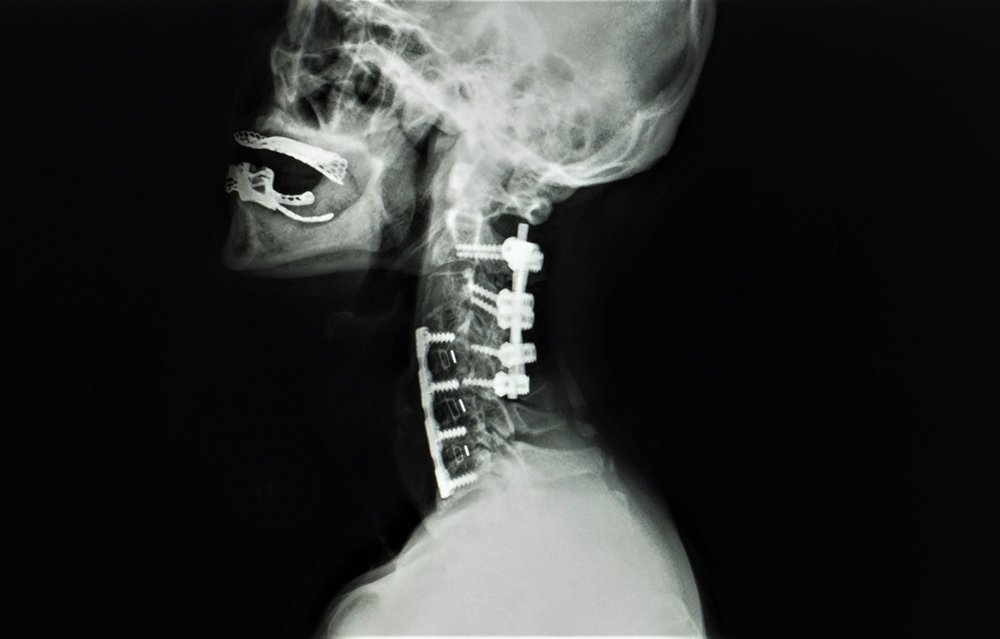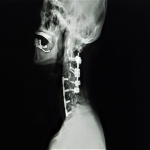Small bones known as vertebrae create our spine. Our spinal cord passes through a passage within those bones. Cervical radiculopathy is a condition where the root of a nerve inside this passage gets inflamed or even damaged. This causes a change in our neurological function. You may feel pain whenever you move your neck, shoulder, hand or fingers. Cervical radiculopathy specialist can assess the seriousness of your condition and start treatment accordingly.

Cause of Cervical Radiculopathy:
There are many reasons why the nerve root may get damaged. From arthritis to external injuries to unnatural pressure caused by ruptured disc – nerve roots can get swollen for many such reasons.
-
Changes caused by age: When we reach middle age, there are certain changes that occur in our body. Our discs may be the reason behind damaged nerve roots. Or, the canal inside the vertebrae may become narrow due to cervical foraminal stenosis, which in turn can pinch the nerve roots.
-
External injury: If you are young, you may still need to see a cervical radiculopathy specialist in case of cervical radiculopathy. You may have gone through an accident and your disc has ruptured. The ruptured disc can cause disturbance when you bend or move your arms or pull something etc. The compression caused by the ruptured disc can cause cervical radiculopathy.
-
Other causes: There are some other causes also that can cause cervical radiculopathy. Infections in the spine or tumors and benign growth in the spine or being obese. These are less known causes but still these can cause inflammation of the nerve roots.
Cervical Radiculopathy Symptoms:
According to a cervical radiculopathy specialist, you may feel excruciating pain on the shoulder, neck, arm or back. You may also feel numbness on one side of the torso due to cervical radiculopathy. The pain or weakness of the torso can worsen due to movement.
Prevention:
There is no rule that you can follow to prevent cervical radiculopathy. Staying physically fit and exercising can reduce the risk of radiculopathy. Choose your diet properly, practice good posture, indulge in sports and lift heavyweight with proper guidance to strengthen your vertebrae.
How to diagnose radiculopathy?
There are different steps that a cervical radiculopathy specialist may follow to diagnose whether you have cervical radiculopathy or not.
-
Your specialist may have a couple of physical tests for you to check your muscle reflex and strength. If certain movements cause pain, it may help the doctor to identify the problem.
-
If the specialist thinks that there is a possibility of radiculopathy, they may ask you to take x-ray or imaging as necessary.
Neuroscience Specialist can help you in identifying the problem and treating it on time.
**Disclaimer- Information presented here is not intended to be qualified medical advice. Nothing expressed herein creates a doctor-patient relationship.

